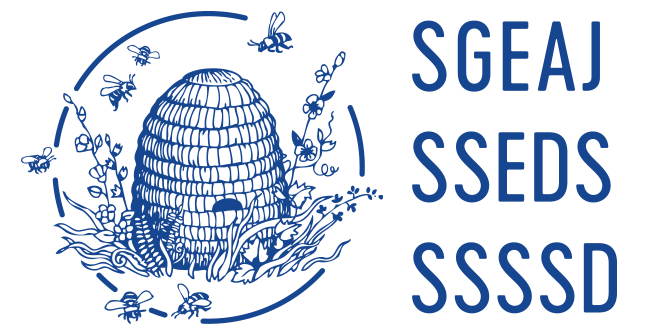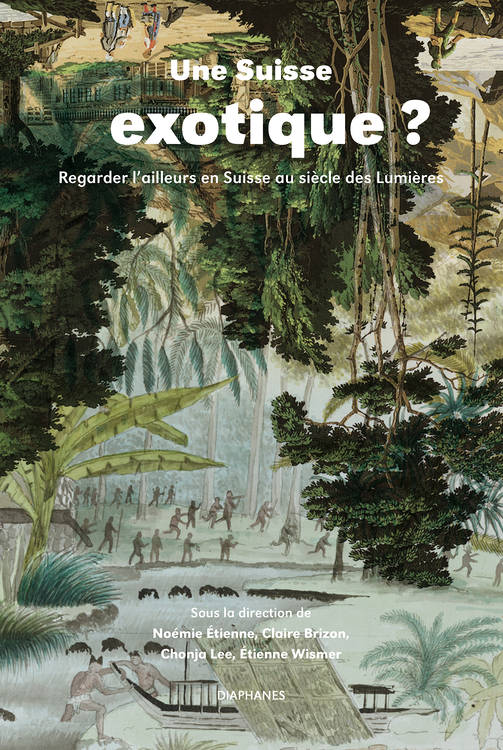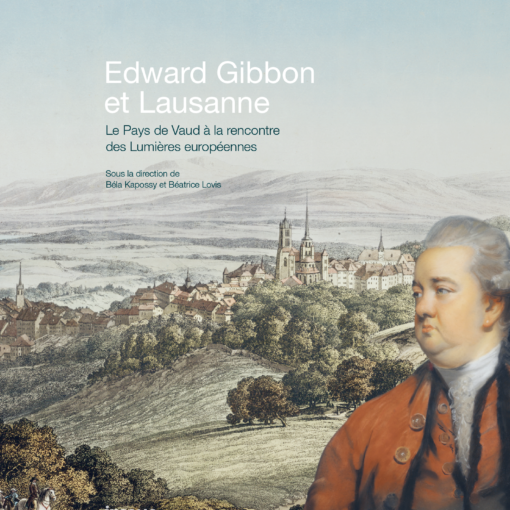Mapping the Territory: Exploring People and Nature, 1700-1830, 21.-23. September 2017, Universität Bern, Hallerstrasse 6
This conference aims to analyse the exploration and “invention” of territories in a comparative perspective. Following the findings of historians emphasising the social and cultural practices around early modern natural history the focus will be on collecting and exchanging, measuring and classifying information on territories of different scope. Thus, we are interested in discussing how various interests and means enabled the production of new forms of knowledge.
Thursday 21 September 2017
11.00–12.00
Simona Boscani Leoni: Welcome and Introduction
Alix Cooper, Stony Brook University, New York: Revisiting Local Knowledge and the Indigenous in Eighteenth-Century Natural History: A Few Thoughts
« Mapping the Americas »
14.00–16.00
Marcelo Fabián Figueroa, Universidad Nacional de Tucumán / CONICET: Unstable Natural Knowledge Production: The Malaspina Expedition at the Edges of Spanish Colonial America (1789/1793)
Stefanie Gänger, Universität zu Köln: Inalienable Truths: ‘Indian’ Informers in the Study of Spanish American Territory, ca. 1770-1900
16.30–18.30
Irina Podgorny, Universidad Nacional de La Plata / CONICET: Change and Continuity: The Bureaucracy of Knowledge in South America
Peter Hanns Reill, University of California, Los Angeles: Enlightenment, Empire and Ethnology: Prince Maximilian Wied-Neuwied’s Expeditions to the New World
Friday, 22 September 2017
« Mapping Europe »
9.00–11.00
Meike Knittel, Universität Bern: Knowing Flora Near and Far: Accumulating Knowledge on Plants in 18th-Century Zurich
Linda Burnett Andersson, Linnaeus University, Växjö and Kalmar: Mapping the Domestic Indigenous: Linnaeus and Instructed Travel in Sápmi and the Scottish Highlands, c. 1730-1800
11.30–13.30
Barbara Orland, Universität Basel: Inventing the Healthy Alps: Farmers, Physicians and the Swiss Whey Cure of the 18th Century
Franceso Luzzini, MPIWG Berlin: In Aspero Solo: Antonio Vallisneri’s Manuscript Primi Itineris per Montes Specimen Physico-Medicum (1705)
14.30–16.30
Mapping Territories through Questionnaires: Some Observations about a Genre
Simona Boscani Leoni, Universität Bern
Martin Stuber, Universität Bern: Social Anthropology avant la lettre: The Perspective of Economic Enlightenment on Traditional Uses in Forests and Wetlands
17.00–19.00
Marta Cavazza, Università di Bologna: The Role of the Idea of Context in Luigi Ferdinando Marsili’s Conception of Natural History
Sarah Baumgartner, Universität Bern: Questionnaires, Parish Registers and Prize Competitions: The Zurich Physical Society’s Sources and Methods for Surveying the Territory
Saturday, 23 September 2017
« Mapping Asia »
9.00–11.00
Richard Coulton, Charles E. Jarvis, Queen Mary University / Natural History Museum, London: Discovering China: James Cuninghame’s Practices of Knowledge Production in Amoy (1698) and Chusan (1700-03)
Pratik Chakrabarti, University of Manchester: The Canal of Zabeta Khan: Mapping Landscapes, Mapping History
11.30–13.30
Chetan Singh, Indian IAS, Shimla: Creation of ‘Scientific’ Knowledge and the Colonial Exploration of the Himalaya, 1780- 1850
Andreas Weber, University of Twente: Making Governance Work: Paper and Natural History in the Early Nineteenth Century Dutch Empire
13.30–13.50
Kaspar von Greyerz, Universität Basel: Conference Wrap-Up
Registration until 11 September 2017: meike.knittel[at]hist.unibe.ch





